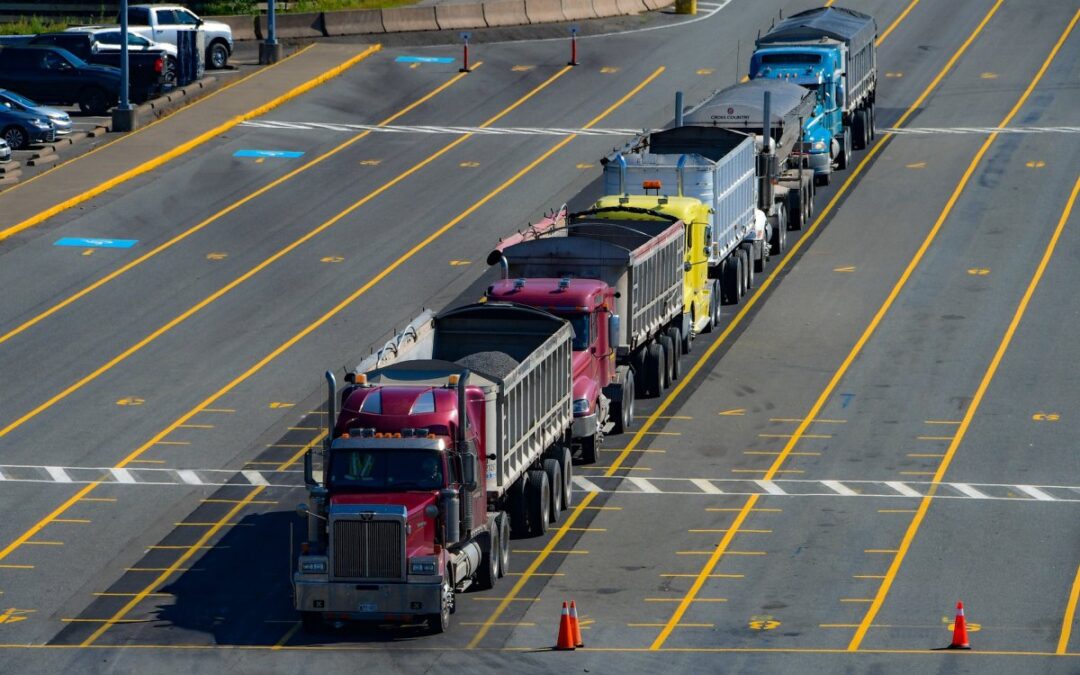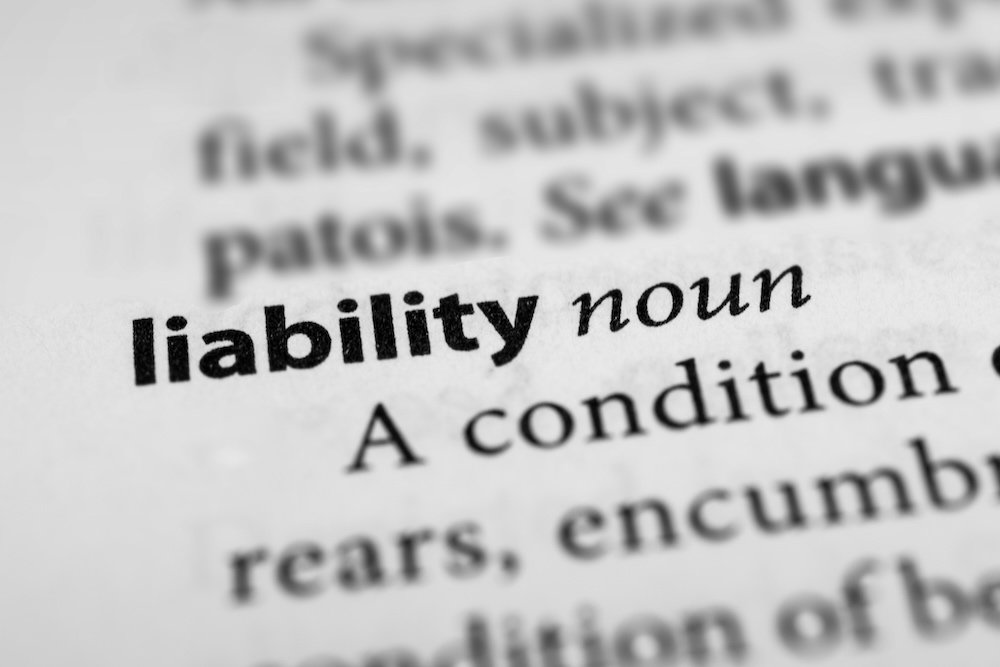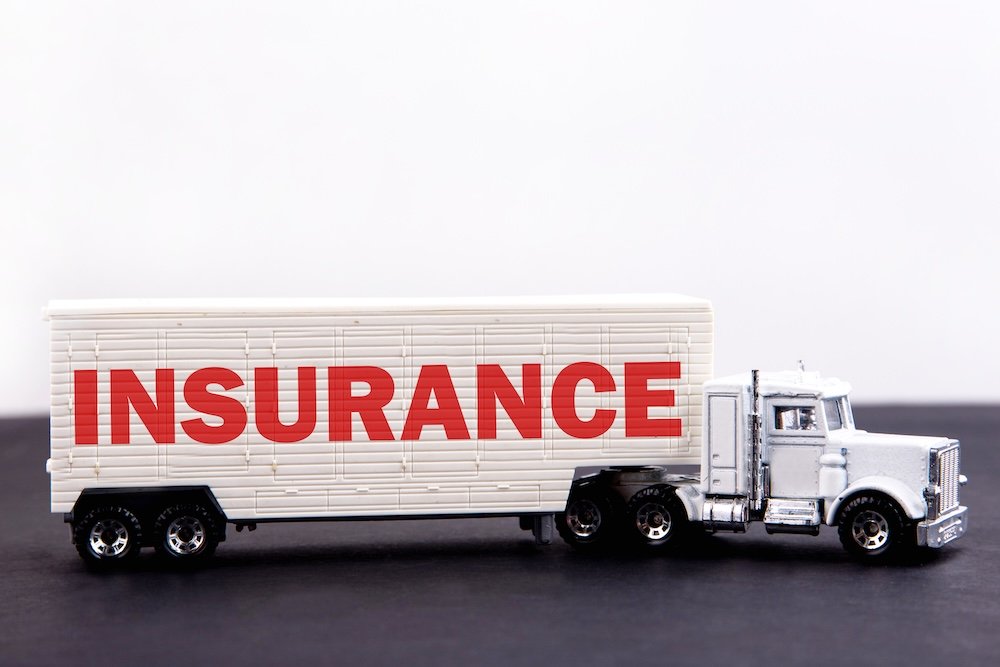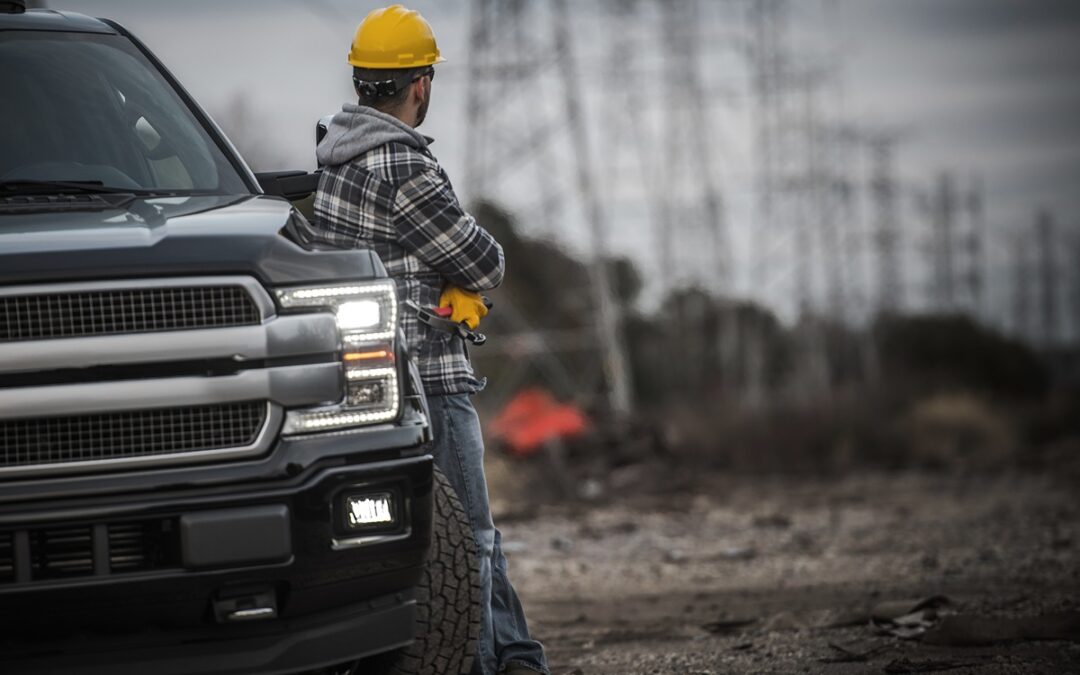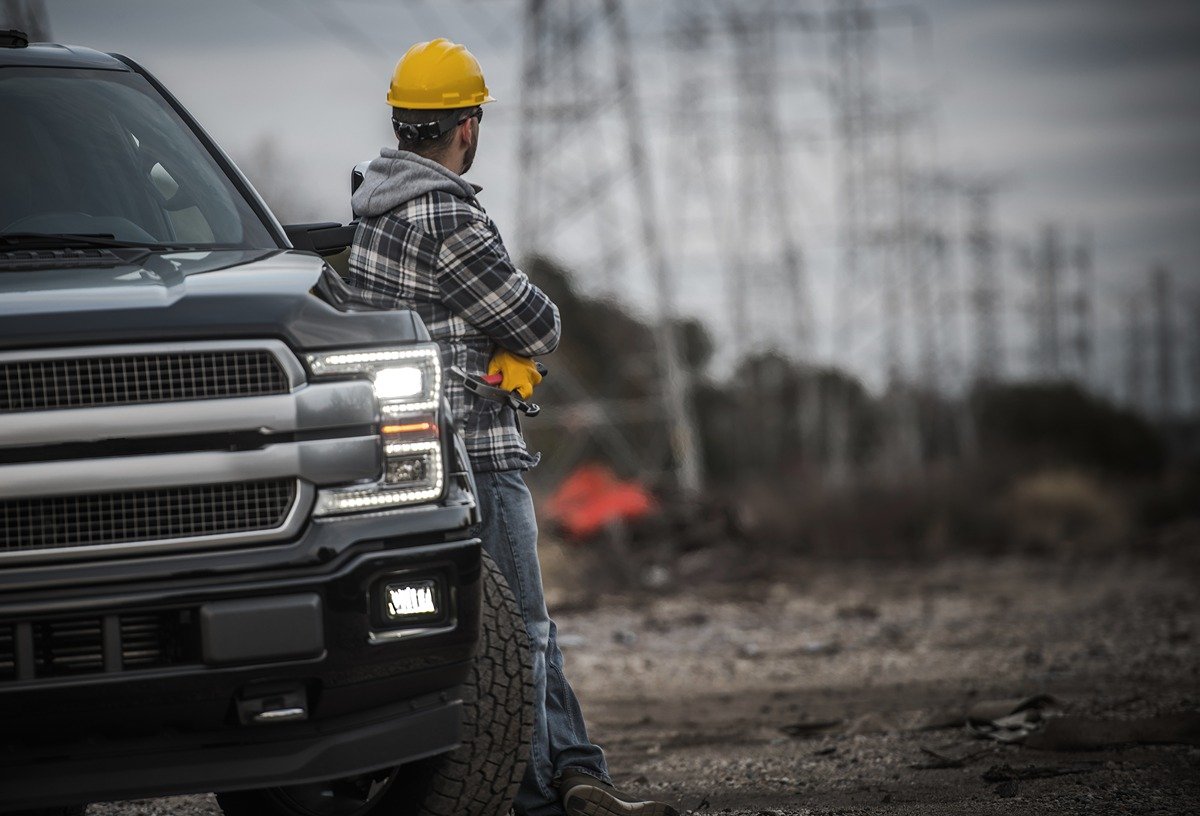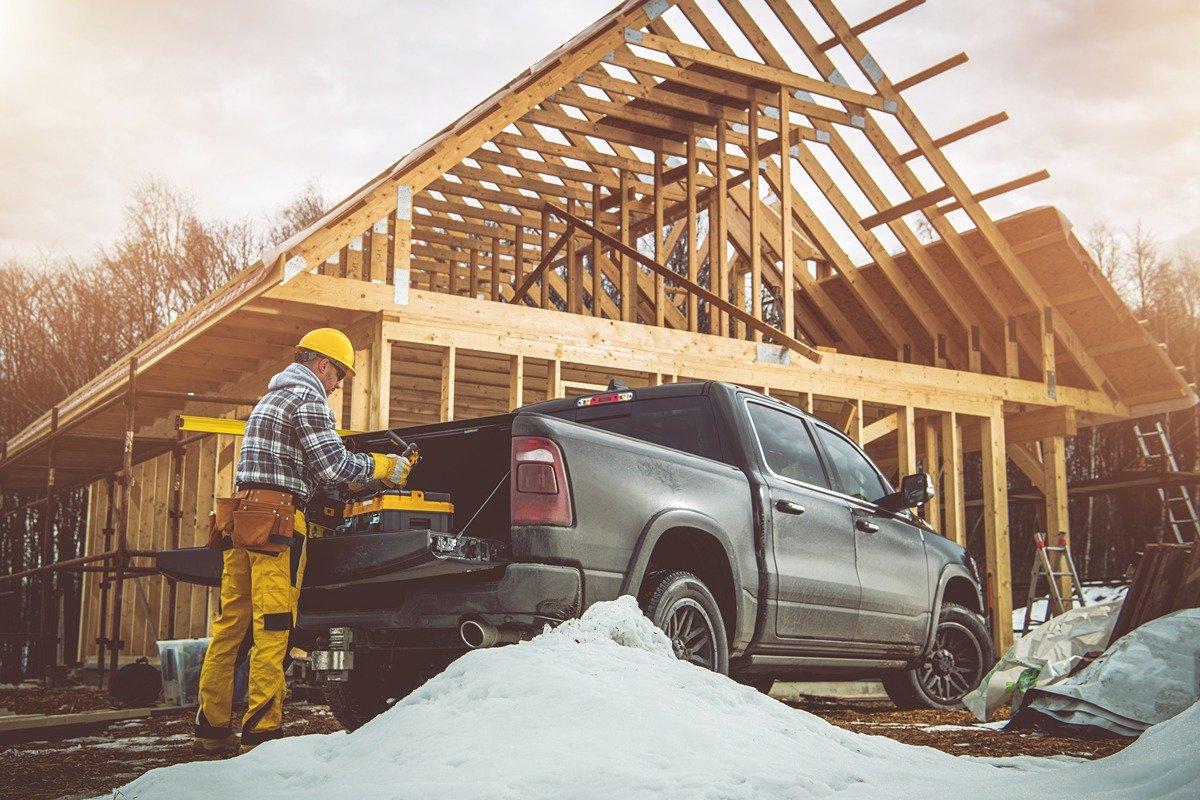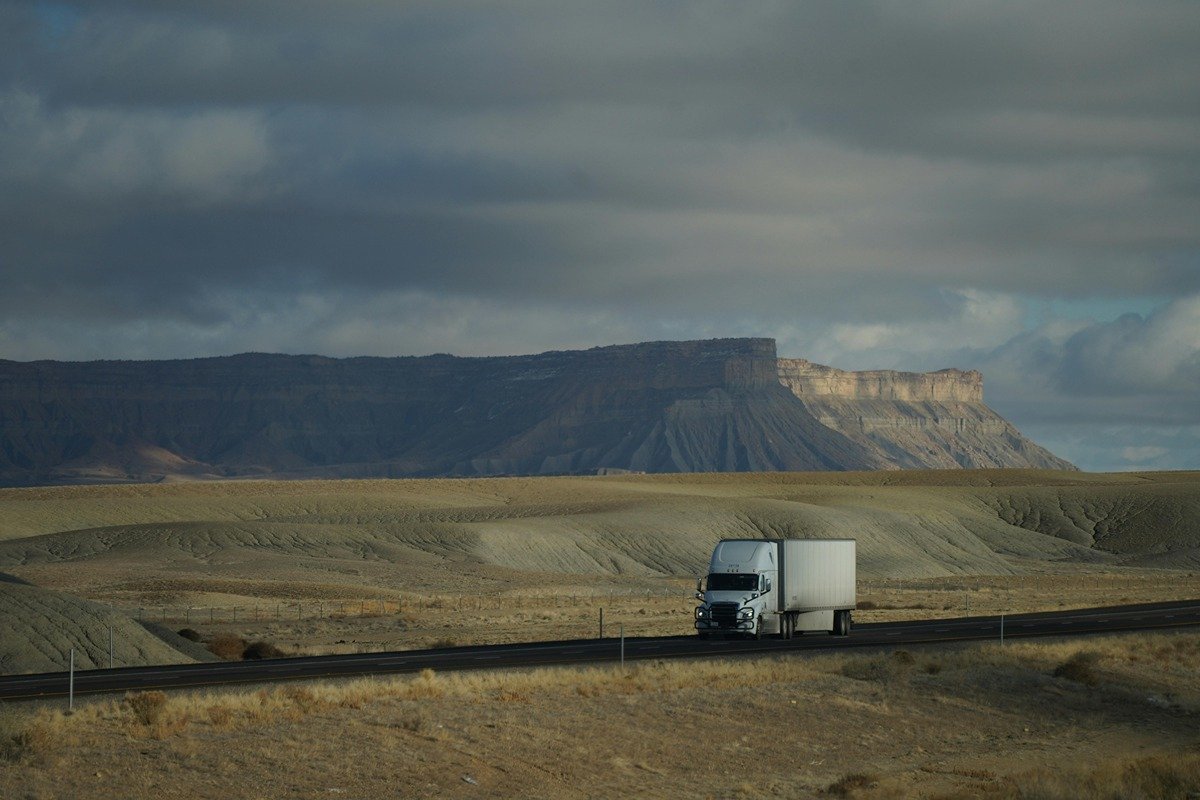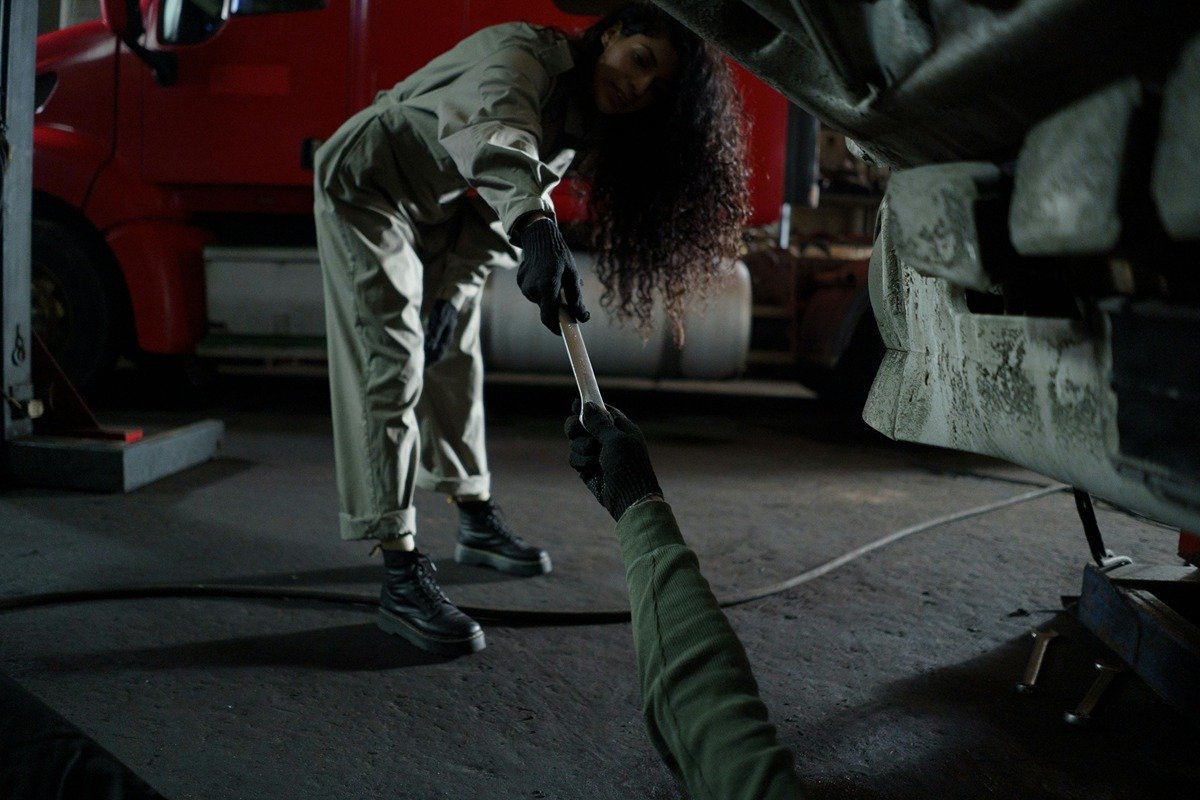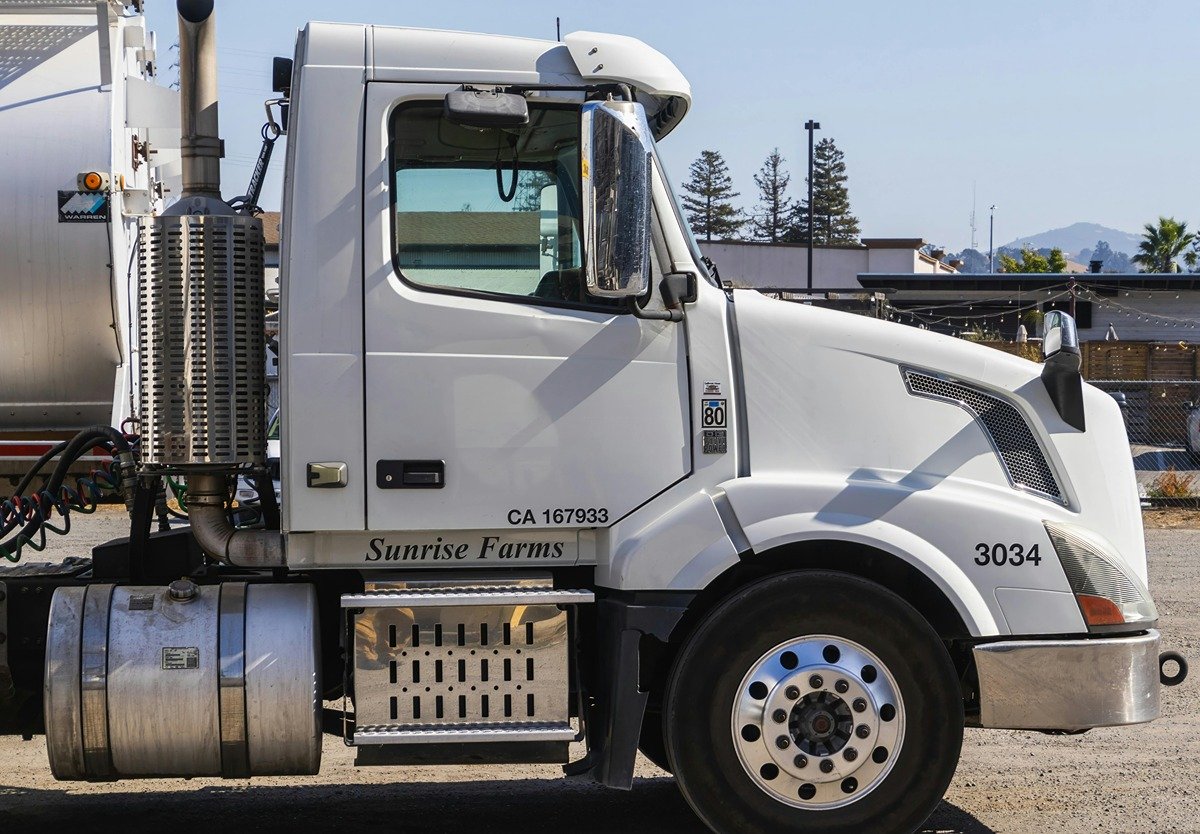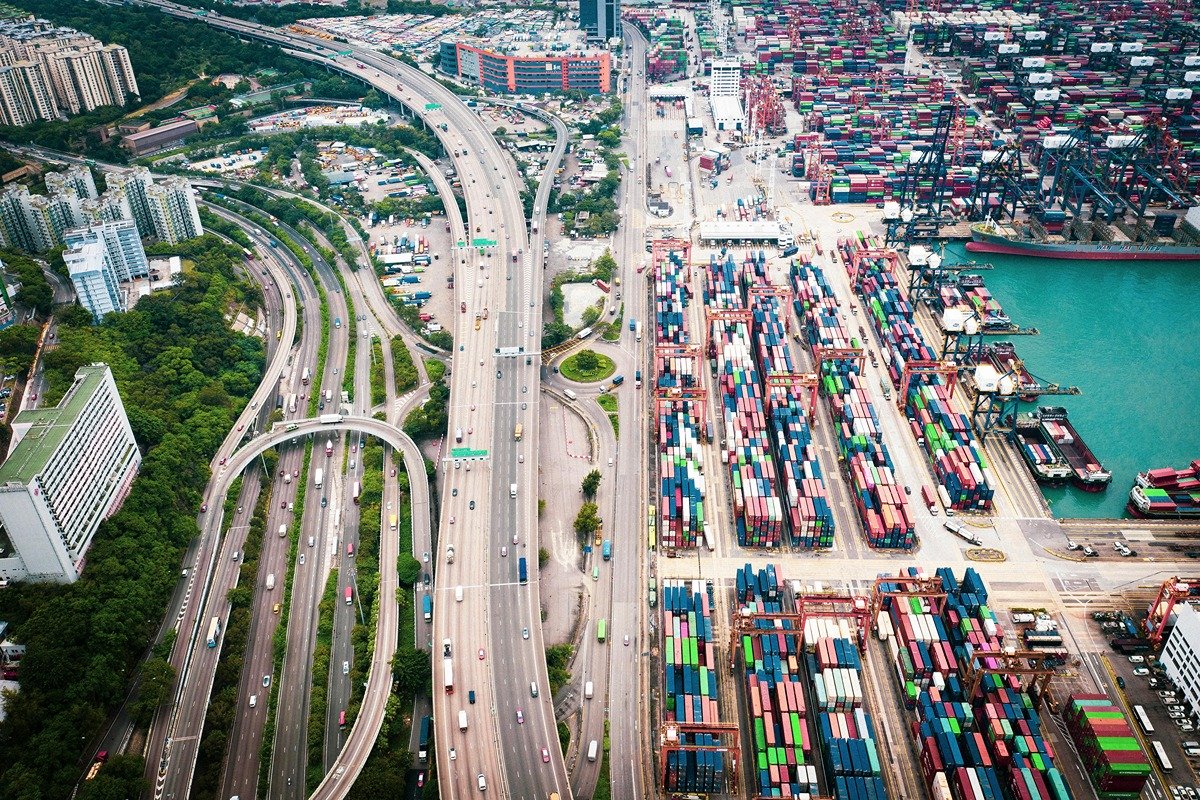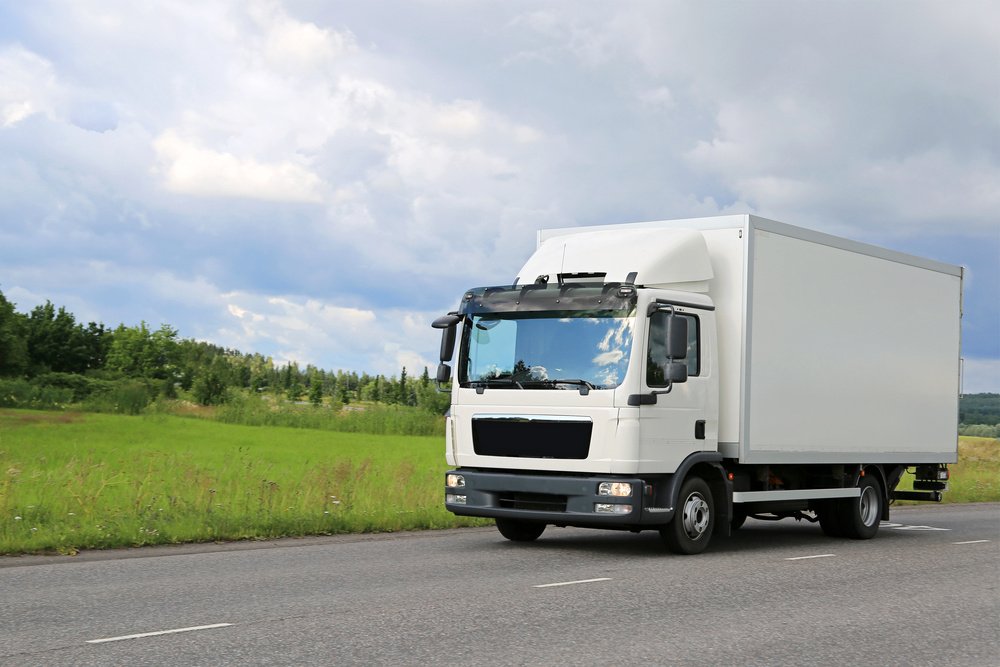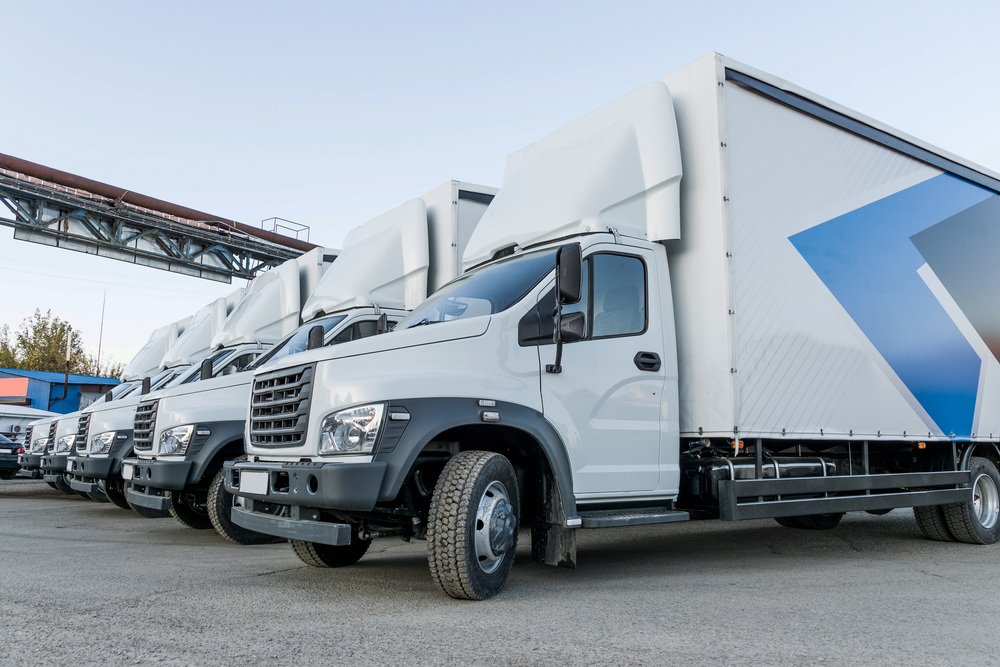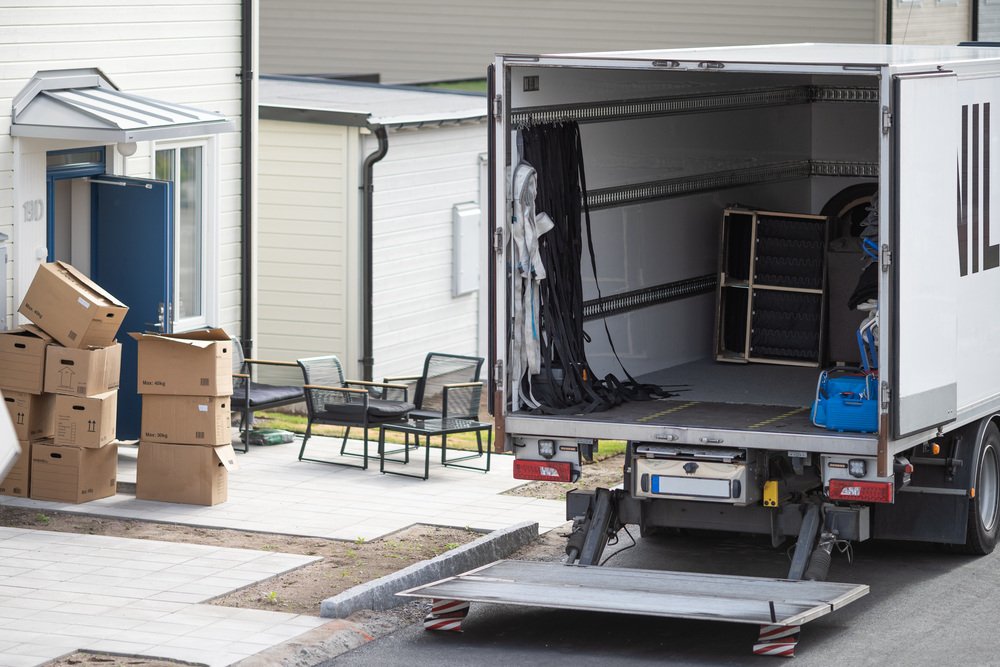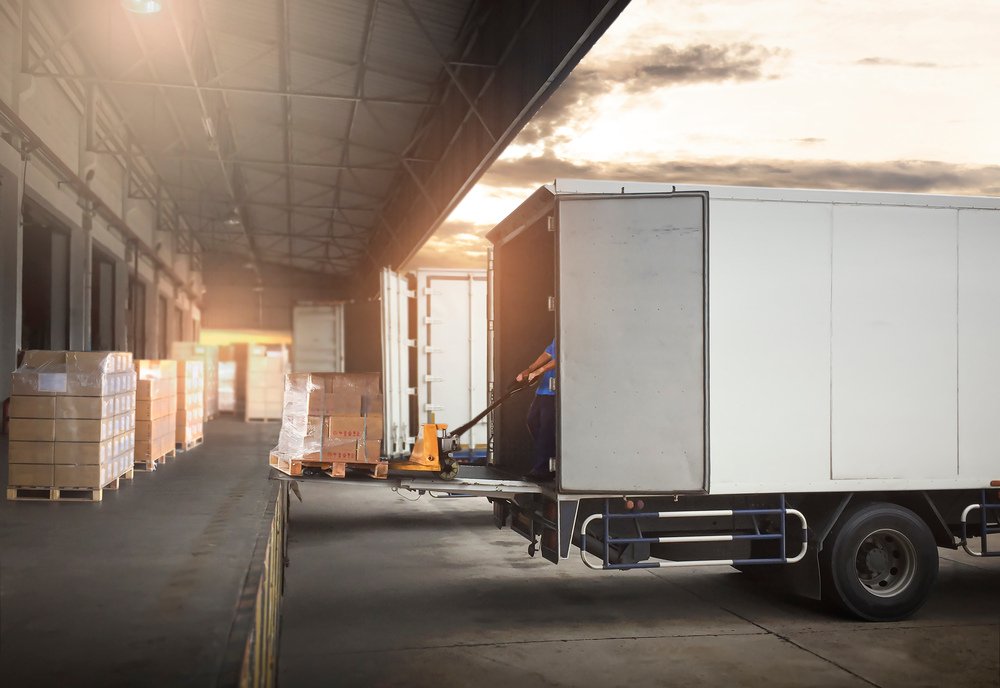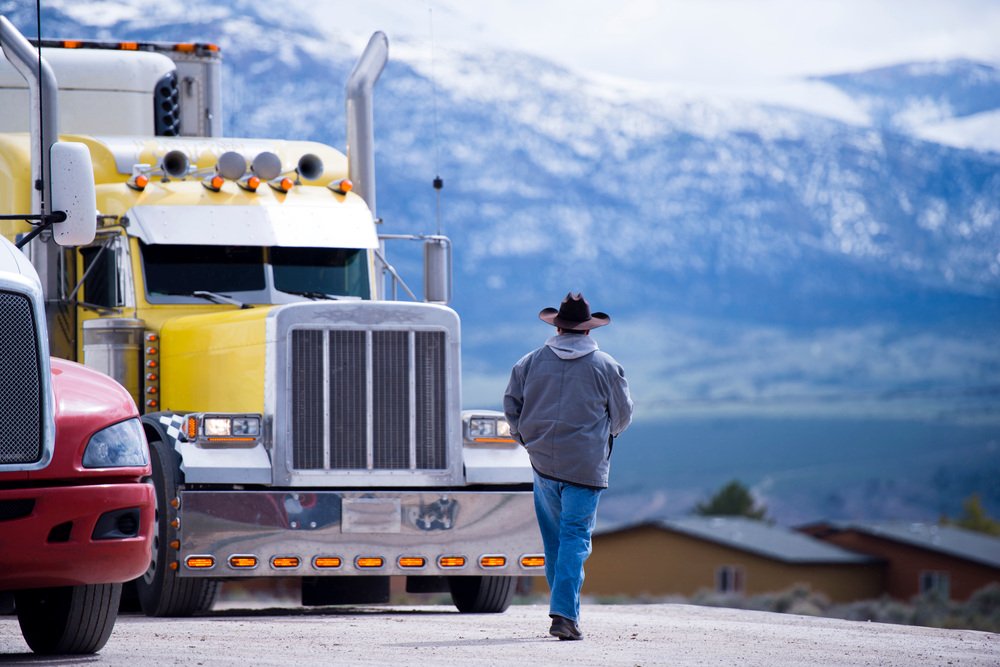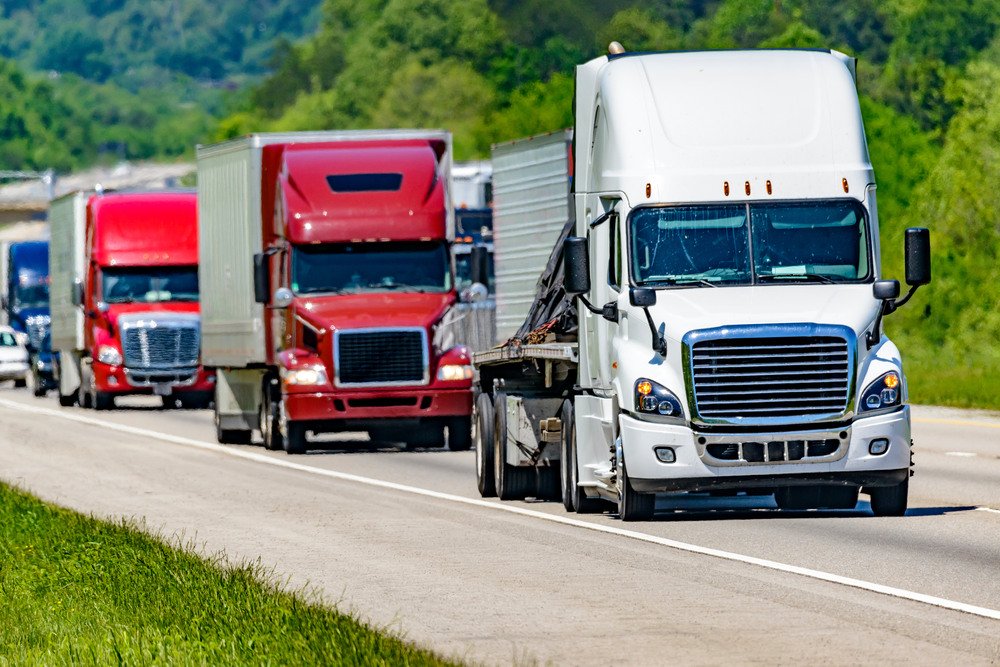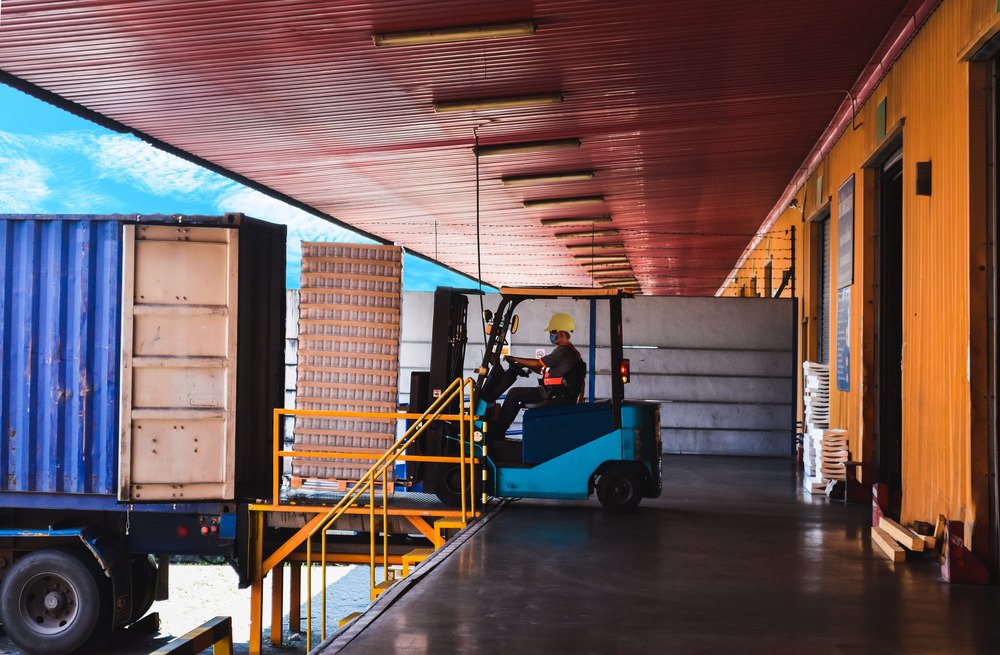Running a trucking business comes with high stakes. One accident, cargo loss, or compliance slip can cost thousands of dollars and jeopardize your operation. That is why semi truck insurance is not just a legal requirement, but a financial safety net for every driver and fleet.
But finding the right commercial truck insurance coverage can feel overwhelming. Premiums are at an all-time high, requirements differ by state, and insurance companies often view new drivers or those with limited credit as higher risk.
Fortunately, we’ve simplified the process. In this guide, you’ll find which types of insurance coverage are required by federal regulations, which optional protections add the most value, what typical policies cost, and practical tips to lower truck insurance rates.
What Is Semi Truck Insurance?
Semi truck insurance is a specialized form of commercial truck insurance designed to protect drivers, fleets, and the entire trucking business from financial risks.
Unlike personal auto insurance, a commercial truck insurance policy must meet strict federal and state regulations and cover exposures unique to the transportation industry.
A proper commercial auto policy blends liability insurance, physical damage coverage, and cargo insurance with optional protections like non-trucking liability insurance. Without it, one accident, theft, or cargo loss could bankrupt a small operator or stall a fleet’s growth.
Who Needs Semi Truck Insurance?
Every driver or fleet operating a commercial vehicle needs some form of semi truck insurance. But the exact requirements depend on whether you are an owner-operator, a small fleet owner, or a leased driver.
Here’s what that looks like depending on your operation:
- Owner-operators with own authority: Must carry primary liability and additional truck insurance coverage to comply with FMCSA rules.
- Small fleet owners (1–10 trucks): Need broader insurance solutions like workers’ compensation, general liability insurance, and occupational accident coverage to keep employees and trucks safe.
- Leased drivers: Often covered under the motor carrier insurance policy, but still need bobtail insurance or non-trucking liability to stay protected off-dispatch.
Whether you’re an independent driver or managing a growing commercial trucking operation, having the right commercial truck insurance coverage keeps your business operations running smoothly.
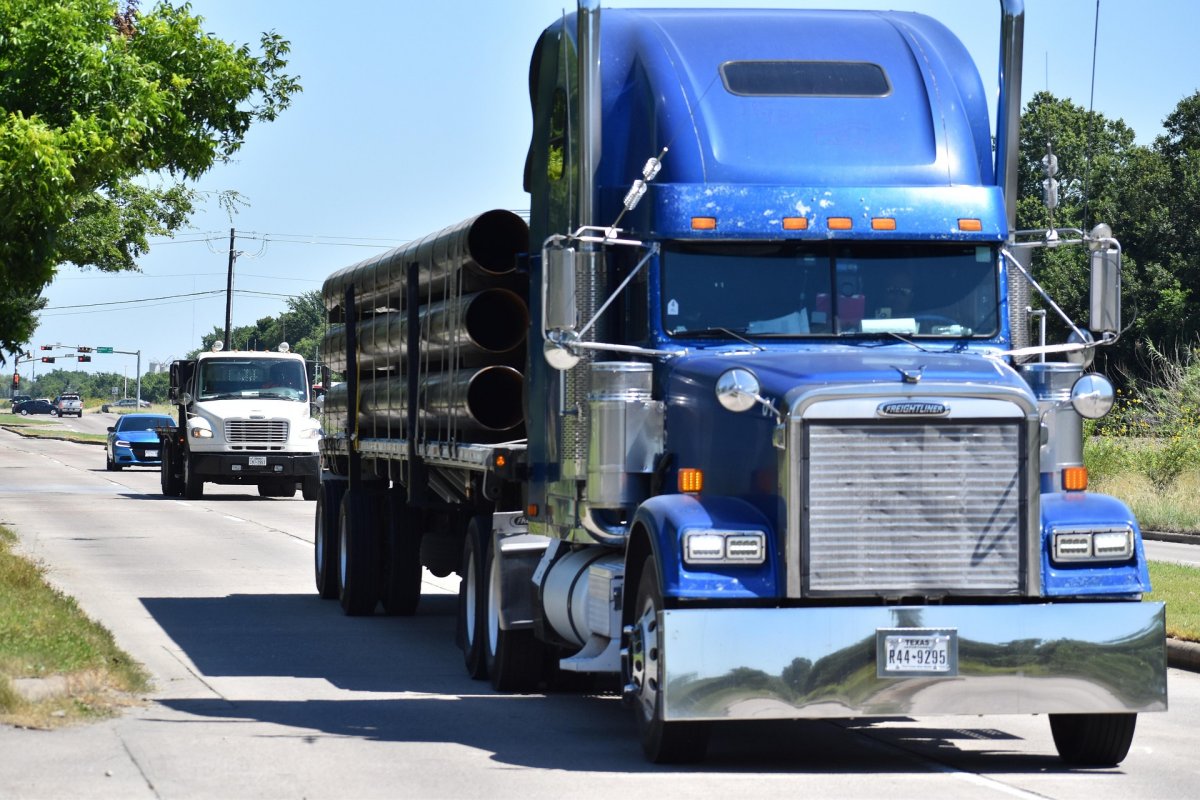
Required vs. Optional Coverage Types
Not all commercial truck insurance coverage is the same. Some are mandated by federal law, while others are strongly recommended to protect your assets and keep your business stable.
Understanding which is required versus optional helps avoid compliance penalties and costly financial gaps.
Primary Liability Insurance (FMCSA Required)
Federal law makes primary liability insurance non-negotiable for any driver operating under their own authority. This type of liability coverage pays for injuries or property damage you cause in a crash.
The Federal Motor Carrier Safety Administration (FMCSA) requires this commercial truck insurance coverage with limits between $750,000 and $5 million, depending on the cargo.
Without it, your motor carrier authority is suspended, and you cannot legally operate a commercial vehicle in interstate commerce.
Physical Damage Coverage (Optional but Often Required by Lenders)
While not required by federal and state regulations, physical damage coverage is a critical part of a commercial truck insurance policy, especially if your semi truck is financed or leased.
It combines collision and comprehensive insurance, covering accidents, theft, vandalism, or weather damage.
Most lenders will not finalize a truck insurance policy without this coverage, since a fire, rollover, or storm could leave you responsible for repair costs on a truck you still owe money on. This form of truck insurance coverage provides comprehensive protection for your equipment.
Cargo Insurance (Optional but Frequently Contractual)
Cargo insurance (also referred to as motor truck cargo coverage) protects freight from theft, spoilage, or accidents. While not required by federal law, most shippers and brokers demand proof of this commercial truck insurance coverage before awarding loads.
For example, a refrigerated trailer breakdown that spoils $80,000 worth of produce would be financially devastating without cargo coverage. Having this insurance option in your truck insurance policy ensures your trucking business is protected against such losses.
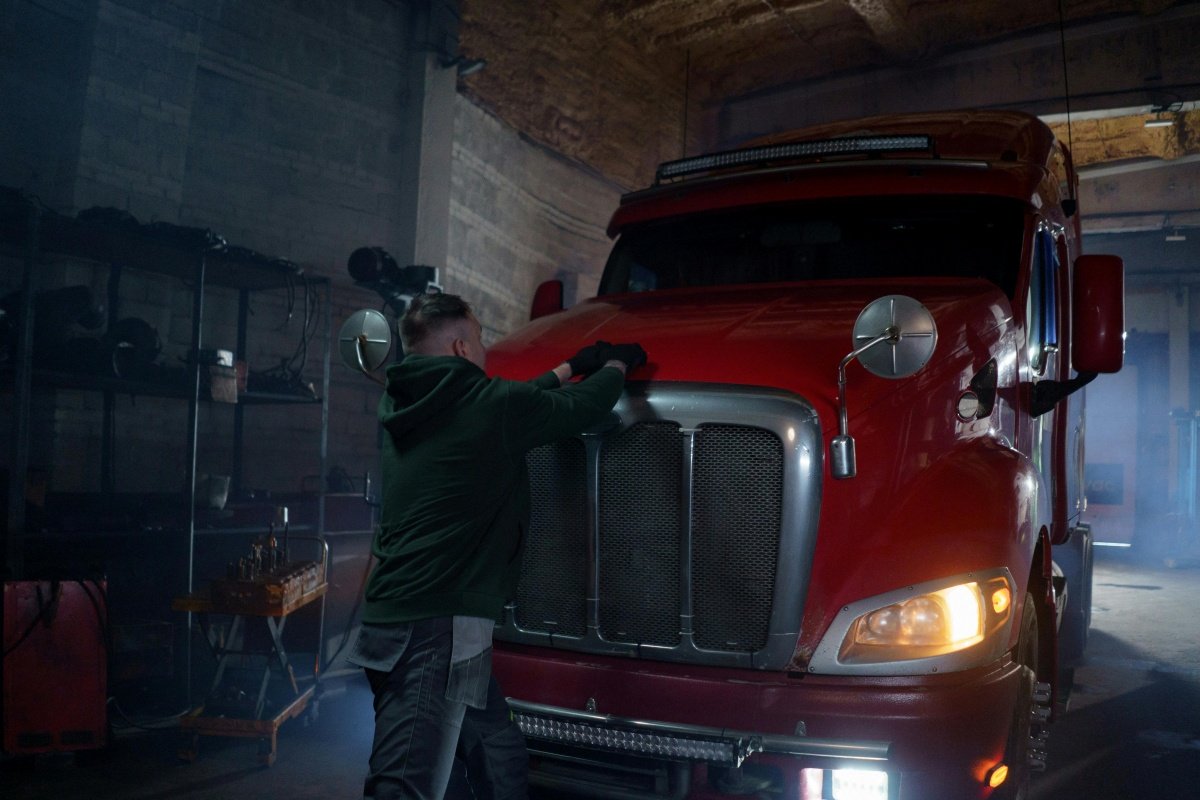
Bobtail/Non-Trucking Liability Coverage (Required by Carriers for Leased Operators)
When a semi truck is operating without a trailer or off-dispatch, the carrier’s liability insurance does not apply. That is why bobtail insurance and non-trucking liability insurance are required by most carriers for leased operators.
Non-trucking liability coverage ensures protection when traveling between loads or handling day-to-day operations outside dispatch. Including this in your commercial truck insurance policy closes an important gap in protection.
Occupational Accident and Workers’ Compensation (Required or Optional Depending on Setup)
For independent owner operators, occupational accident coverage provides medical payments, disability, and wage replacement if injured while working.
Fleets with employees are generally required by state law to carry workers’ compensation insurance, which functions differently from an occupational accident policy.
Both types of insurance coverage are crucial in the trucking industry, which consistently ranks among the most hazardous sectors for workplace injuries according to the BLS. Without this commercial vehicle insurance, both drivers and fleet owners face significant financial risks.
General Liability Insurance (Optional but Highly Recommended)
Unlike primary liability insurance, which protects you on the road, general liability insurance addresses legal liability tied to your wider business operations. Examples include property damage at a customer’s dock or injuries during loading and unloading.
While not federally mandated, most trucking companies and motor carriers carry it to avoid lawsuits that could threaten their business running smoothly. For fleets and large trucking companies, it provides an additional layer of comprehensive protection beyond standard truck insurance coverage.
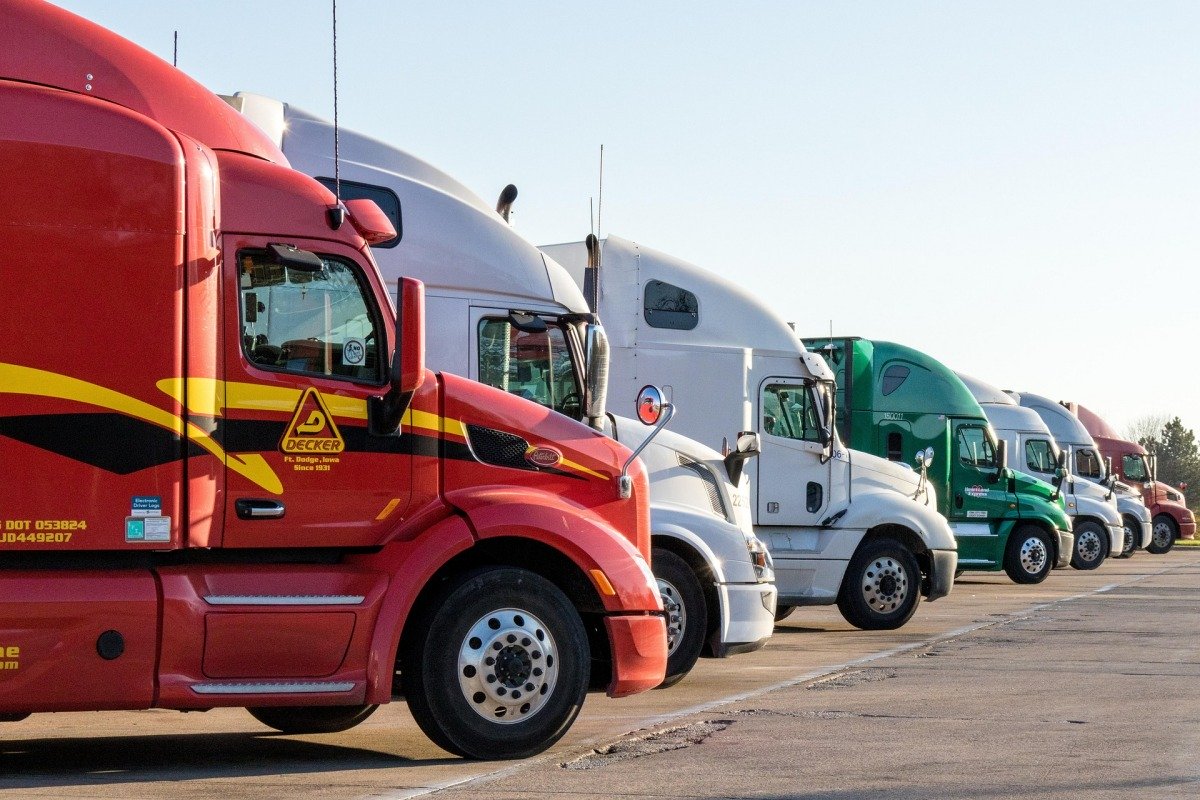
How Much Does Semi Truck Insurance Cost?
Insurance premiums are a top operating line item for many trucking businesses.
The American Transportation Research Institute (ATRI) reports that truck insurance premiums averaged $0.088 per mile in 2022 across for-hire carriers, rising with other cost centers as total marginal cost hit $2.251 per mile that year. In 2023, insurance premium costs rose another 12.5 percent to $0.099 per mile.
Average Premium Ranges for Owner-Operators and Fleets
Instead of broad ranges, use ATRI’s per-mile benchmark to estimate your annual insurance outlay based on how many miles you run:
Use the formula: Insurance premium spend ≈ insurance CPM × annual miles.
At $0.088 per mile and 78,863 average miles per truck in 2022, the benchmark spend is about $6,941 per truck per year.
At $0.099 per mile (2023 benchmark), the same annual miles imply ~$7,808. These are industry averages, not quotes, but they give owner-operators and small fleets a defensible planning number.
Keep in mind, ATRI’s figures are aggregated across sectors and fleet sizes. Your commercial truck insurance policy can be priced higher or lower based on risk factors, coverage limits, and loss history.
Factors That Influence Cost
Your insurance premium can be affected by a number of factors, including:
- Truck type and age: Higher tractor values generally push physical damage coverage higher, especially with newer equipment and costly repairs.
- Driving history and experience: Clean records and strong safety performance tend to reduce liability insurance costs, while violations and losses increase premiums.
- Operating radius and routes: Long-haul, dense metro areas, and high-exposure corridors tend to carry higher-risk loads that influence pricing.
- Cargo type and limits: Hazardous materials or high-value freight often require higher cargo insurance limits. FMCSA minimum financial responsibility for public liability ranges from $750,000 to $5,000,000, depending on the commodity.
- Regulatory environment: Interstate operations must meet federal minimums, while some states set additional intrastate requirements. Always confirm current rules with your state DOT or insurance department.
Cost Differences: New Authority vs. Leased Operators
Insurance costs also look very different depending on whether a driver holds their own authority or operates under a motor carrier lease.
Understanding the gap is key to planning realistic truck insurance rates:
- New authority: Carriers with their own authority typically face higher truck insurance rates at the outset because they lack a safety record and file higher federal liability limits.
- Leased operators: When leased to a motor carrier, some liability coverage is often provided by the carrier’s policy while the driver still purchases non-trucking liability and physical damage. Actual premiums vary by contract terms, equipment value, and driver history.
For budgeting, ground your expectations in verifiable benchmarks. ATRI’s insurance premium cost per mile, multiplied by your realistic annual miles, gives an evidence-based estimate you can refine once you receive a formal truck insurance quote.
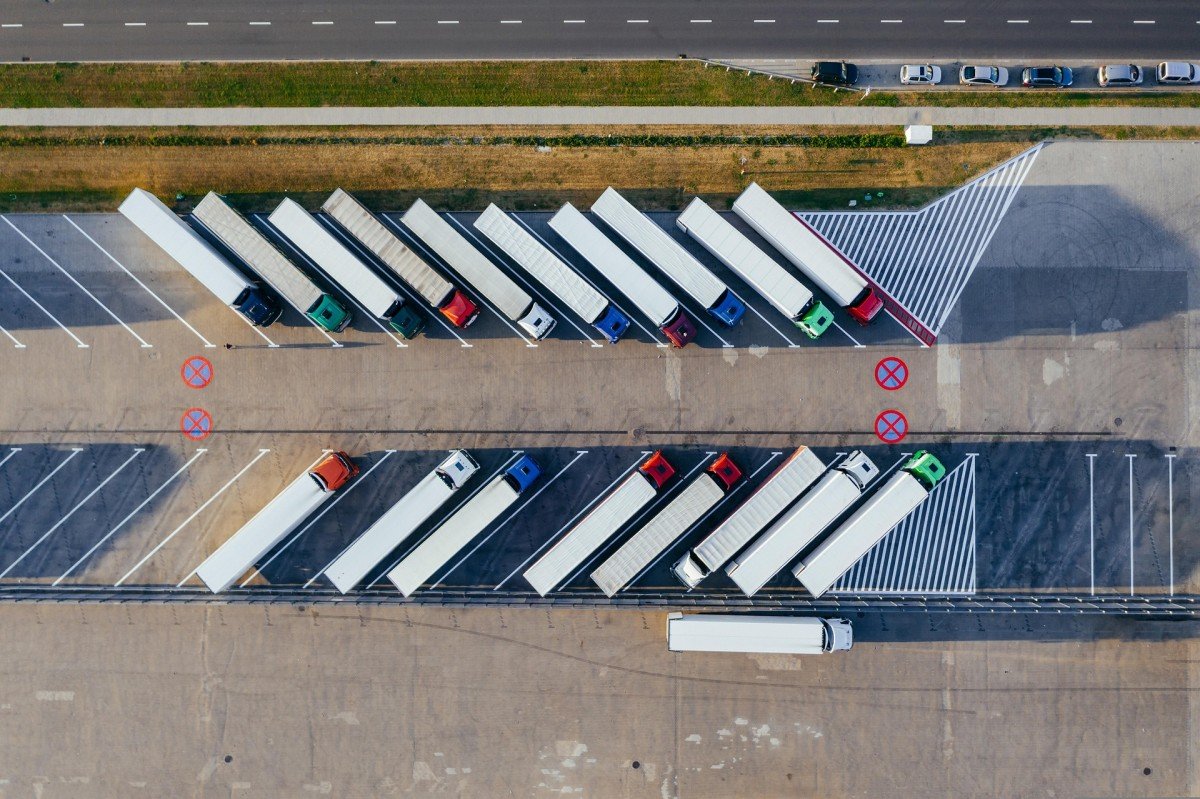
Tips to Lower Semi Truck Insurance Premiums
While high premiums are common in the trucking industry, there are effective ways to reduce costs on semi truck insurance without compromising the coverage your business depends on.
1. Maintain a Clean Driving Record
Safe and defensive driving is the most effective way to lower semi truck insurance premiums. A history free of crashes and violations tells insurance companies that you present fewer liability claims, which directly reduces truck insurance rates.
For owner operators and small fleets, keeping violations off your record can save thousands of dollars each year on a commercial truck insurance policy. Training drivers, monitoring hours of service, and enforcing safety rules are proven ways to keep your record clean.
2. Invest in Safety Programs and Telematics
Many insurance providers now offer discounts when fleets use dashcams, telematics, or GPS systems. These tools document safe driving habits, lower accident frequency, and help manage day-to-day operations.
A commercial auto policy priced at $0.099 per mile can shrink significantly if an insurer sees verifiable safety investments. For trucking companies with multiple drivers, this can mean tens of thousands in annual savings.
3. Increase Deductibles Strategically
Raising deductibles is a simple way to secure affordable truck insurance, but it comes with trade-offs. Higher deductibles lower your premium on physical damage coverage and comprehensive insurance, yet they increase out-of-pocket repair costs after a loss.
The key is balancing short-term savings with long-term financial risks. If you have steady cash reserves, increasing deductibles can be a smart strategy.
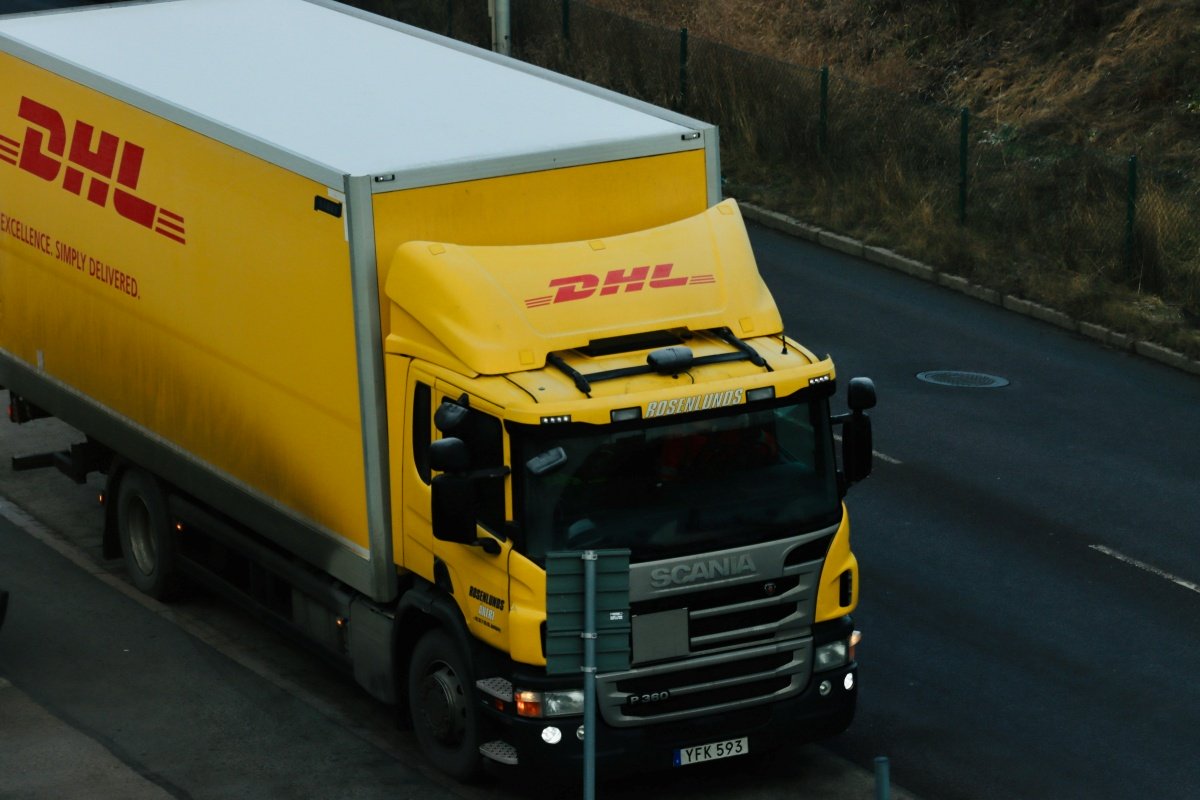
4. Bundle Coverage and Compare Truck Insurance Quotes
Combining liability coverage, physical damage insurance, and cargo insurance into one commercial truck insurance policy often results in competitive rates.
In addition, every trucking business should compare at least three truck insurance quotes before committing. Comparing quotes ensures you’re not overpaying for the same coverage options.
Just make sure each quote offers identical limits, deductibles, and protections before making your choice.
5. Work With Specialized Trucking Insurance Agents
Not all insurance companies understand the trucking industry.
Agents who specialize in commercial trucking can match you with the right commercial truck insurance coverage for your operation, whether you need motor truck cargo coverage, non-trucking liability insurance, or a general liability insurance add-on.
They’re also more familiar with federal regulations and state requirements, helping you avoid compliance issues that could result in fines or suspended authority.
6. Improve Business Credit and Financial Standing
Your credit history matters to both lenders and insurance providers. A strong business credit profile can unlock better truck insurance rates and increase access to capital when you need it.
While drivers with poor or limited credit often pay more for commercial auto insurance, improving creditworthiness lowers costs over time. Building business credit cards, maintaining positive cash flow, and paying down debt can all make your insurance policies more affordable.
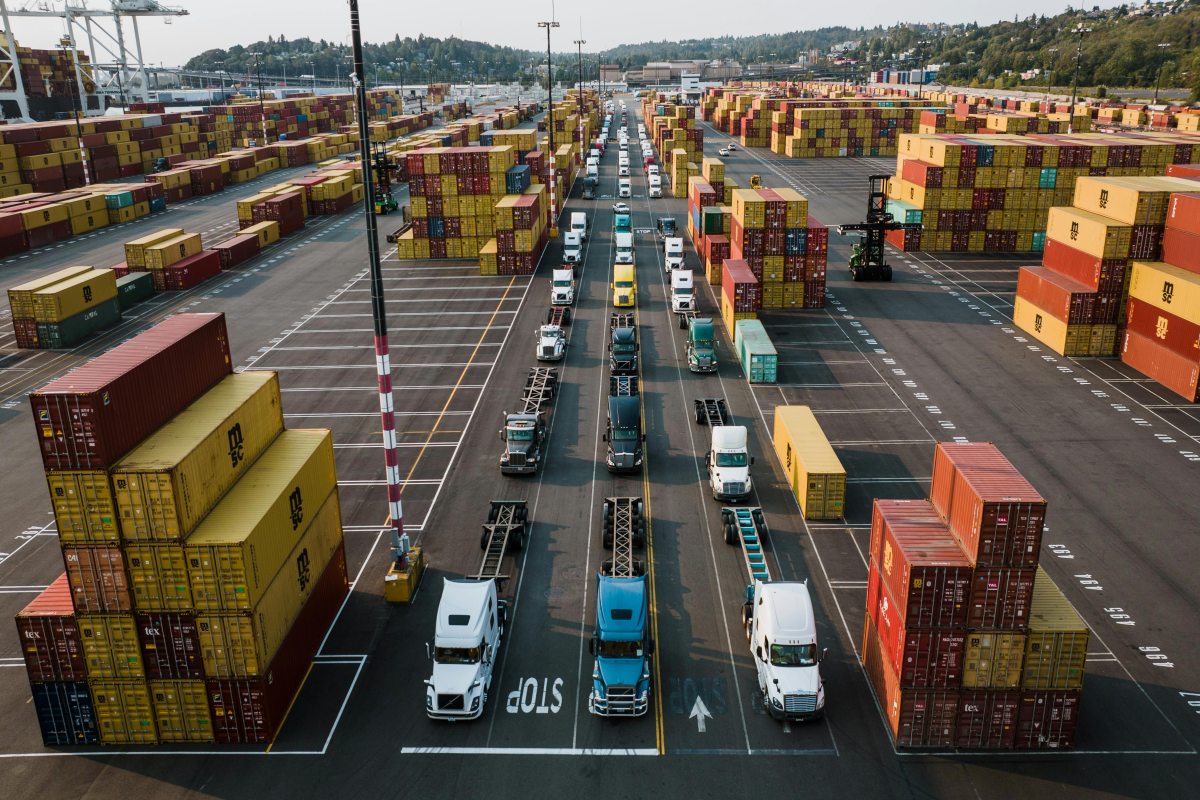
Choosing the Right Semi Truck Insurance Provider
Finding the right commercial truck insurance provider is just as important as choosing the policy itself. Here are key factors to evaluate when selecting an insurance company for your trucking business.
Expertise in Commercial Vehicle Insurance and Federal Rules
Look for insurance providers with experience in commercial vehicle insurance, motor carrier insurance, and compliance with federal and state regulations.
This ensures your policy includes the proper liability coverage and meets FMCSA requirements for primary liability.
Responsive Claims Management
Accidents and cargo losses can put a truck out of service for days. The best insurance companies have dedicated claims management teams who handle liability claims quickly, coordinate repair costs, and minimize downtime.
Ask providers about average claims response times before you sign a truck insurance policy.
Transparent Terms and Coverage Options
Every commercial truck insurance policy comes with exclusions, deductibles, and specific coverage options. Reliable insurance providers explain how these terms impact your business, including cargo insurance, physical damage, or non-trucking liability, helping you avoid surprises when filing a claim.
Reputation and Financial Stability
Choose insurance companies with strong credit ratings, great add-on coverage, and a proven track record in the insurance industry.
A provider’s financial health directly affects their ability to pay large liability claims or handle multiple settlements at once. Industry leaders have built reputations around serving trucking companies specifically.
Support for Fleets and Growth
If you operate a small fleet or plan to expand, confirm that your provider offers scalable insurance solutions. Some carriers specialize only in single-truck operations, while others can cover large fleets under a single commercial auto policy with consistent competitive rates.
Choosing the right partner not only gives you reliable insurance coverage but also stabilizes your financial footing.
For example, pairing a trusted truck insurance provider with flexible financing tools like commercial truck repair loans or small fleet loans helps keep your business operations running smoothly when high premiums or sudden repair bills strain your cash flow.
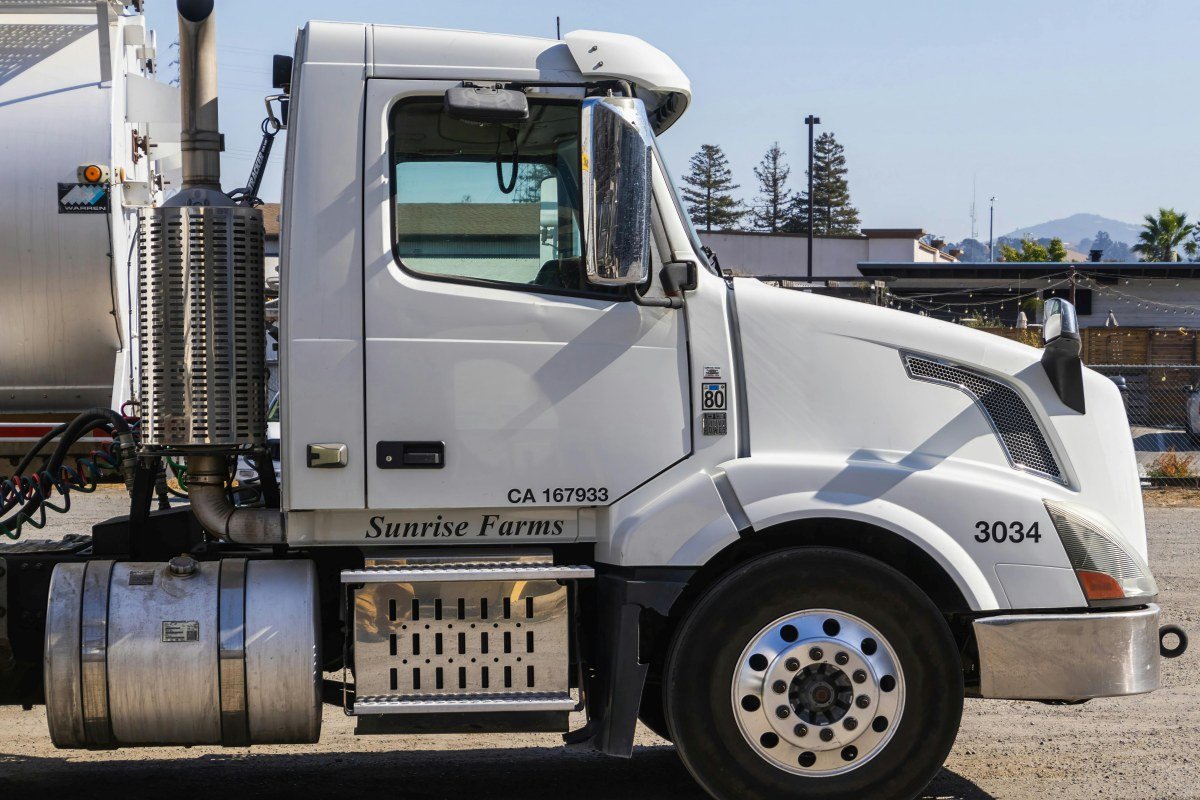
Final Thoughts
Semi truck insurance is the foundation that protects your truck, your cargo, and your livelihood from financial risks.
From primary liability required by the FMCSA to optional protections like cargo coverage, non-trucking liability insurance, and general liability insurance, the right commercial truck insurance policy keeps your business compliant and your future secure.
For owner operators, small fleets, and drivers establishing their own authority, insurance is only one part of staying resilient. Premiums, deductibles, and unexpected repair costs can put real strain on cash flow. That’s why pairing the right truck insurance coverage with accessible financing makes sense.
Mission Financial Services helps drivers handle expenses that insurance doesn’t cover, keeping trucks on the road and business operations running smoothly.
Looking for ways to balance insurance costs with reliable capital? Apply with Mission Financial Services today and keep your trucking business protected and moving forward.

